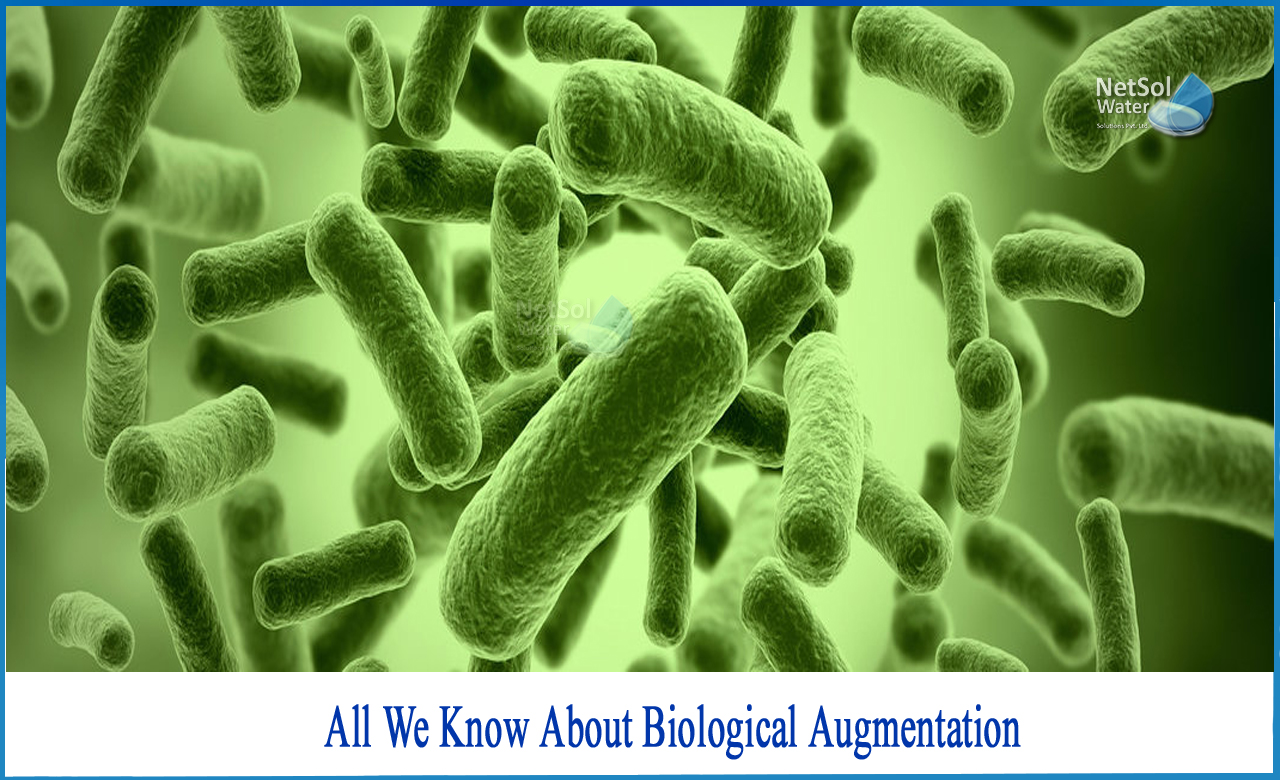What is biological augmentation?
Bio augmentation is a type of bioremediation in which indigenous varieties found in the area are studied to determine whether or not bio stimulation is possible.If the indigenous bacteria discovered in the location can metabolize the contaminants, more indigenous bacterial cultures will be introduced into the location to accelerate the degradation of the contaminants.
Bioaugmentation refers to the addition of more Achaea or bacterial cultures to improve contaminant degradation, whereas bio stimulation refers to the addition of nutritional supplements to indigenous bacteria to promote bacterial metabolism. Exogenous varieties with such sophisticated pathways are introduced if the indigenous variety lacks the metabolic capability to perform the remediation process. Advances in microbial ecology and biology, immobilization, and bioreactor design are made possible by bioaugmentation.
The biodegradation of organic pollutants by microorganisms present in wastewater or activated sludge is the basis of biological treatment.
Many pollutants, particularly highly complex compounds, are not efficiently biodegraded by microorganisms; they may be resistant to biodegradation and thus persist in wastewater, compromising water quality. Bioaugmentation strategies may be used to overcome these limitations. When compared to physio-chemical approaches, this approach is less expensive and more environmentally friendly.
Bioaugmentation for Recalcitrant Pollutant Removal in Industrial Wastewater
Wastewater activated sludge contains naturally occurring microorganisms. These biodegrade a wide range of pollutants. As previously stated, some pollutants are resistant to biodegradation.This resistance is due to a combination of factors, including high toxicity, low water solubility, low bioavailability, high stability, and low biodegradability. Some compounds may not be used as substrates by microbial metabolic enzymes efficiently. Certain pollutants' chemical structures may be so complex that consortia of different microorganisms are required for biodegradation, or all of the microorganisms required may not be present in the environment at the same time. Recalcitrant compounds are frequently novel, and microorganisms have not yet adapted to use them as a substrate.
Bioaugmentation can overcome these obstacles because one of its main benefits is that treatment can be tailored to a specific pollutant that is prevalent in the environment. As a result, this approach is appealing for addressing both the growing number of emerging pollutants as well as pollutants present in high concentrations. Many studies have been conducted over the last decade to test bioaugmentation strategies for cleaning wastewater, with the majority of them focusing on recalcitrant molecules.
Conclusion
Bioaugmentation is used in municipal wastewater treatment to restart activated sludge and the bioreactors.Activated sludge systems are typically based on microorganisms capable of degrading biodegradable organic matter, such as bacteria, protozoa, nematodes, rotifers, and fungi. There are numerous benefits to using bioaugmentation, such as increased efficiency and speed in the process of breaking down substances and a reduction in toxic particles in an area.
Netsol Water are the experts for providing better treatment options for water and wastewater. We have wide range of products and we can customize many as per customer’s requirements. We can provide solutions that are trouble-free and cost-effective.
Netsol Water is Greater Noida-based leading water & wastewater treatment plant manufacturer. We are industry's most demanding company based on client review and work quality. We are known as best commercial RO plant manufacturers, industrial RO plant manufacturer, sewage treatment plant manufacturer, Water Softener Plant Manufacturers and effluent treatment plant manufacturers. Apart from this 24x7 customer support is our USP. Call on +91-9650608473, or write us at enquiry@netsolwater.com for any support, inquiry or product-purchase related query.



